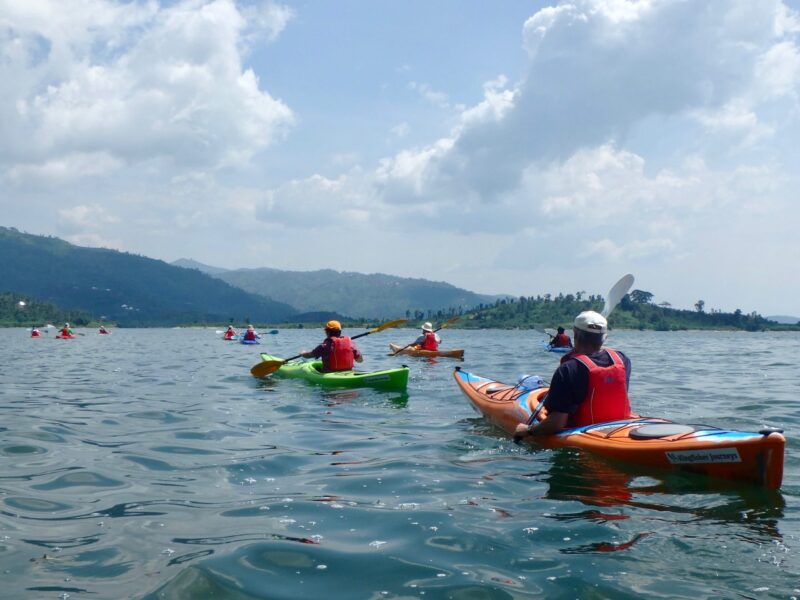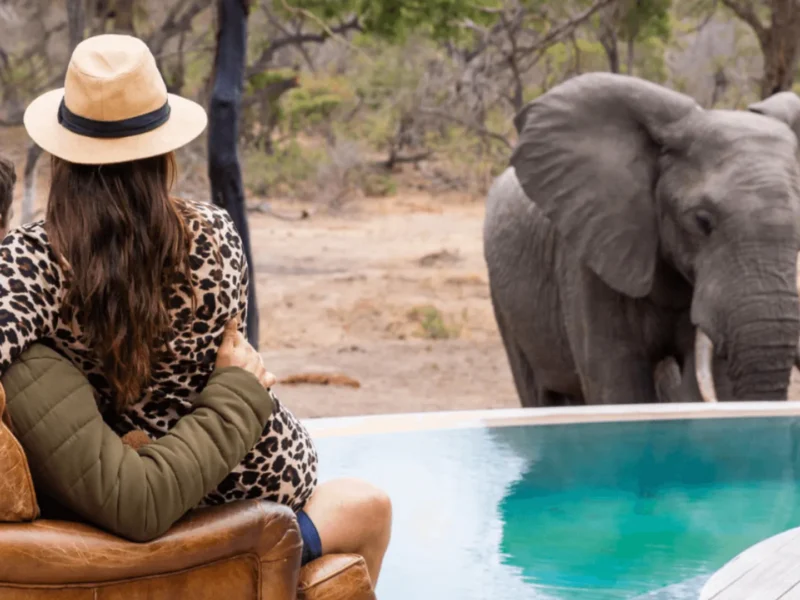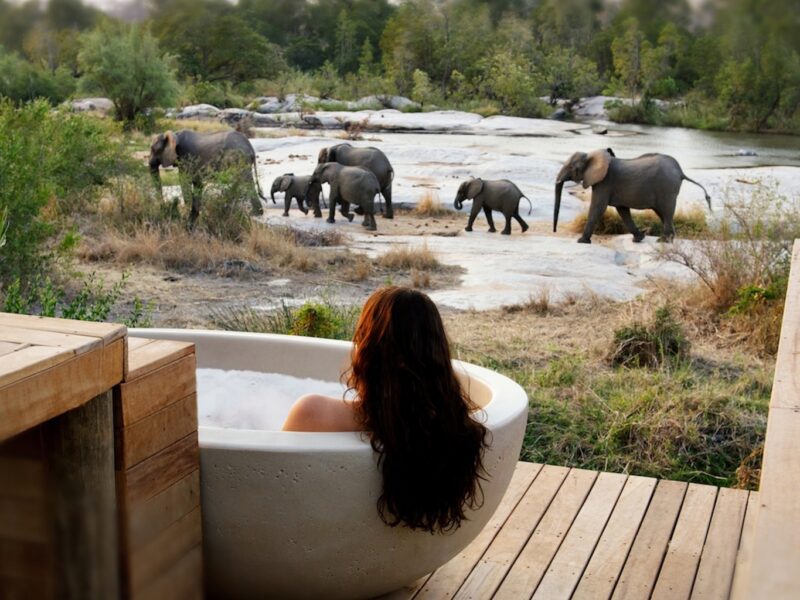Tipping in Africa
Tipping in Africa is a small gesture with a big impact. It not only supports the people who make your journey special but also fosters positive relationships and a deeper sense of connection with the places you visit.
Tipping in Africa is a widely practiced and appreciated gesture, often forming an important part of the income for those working in tourism and hospitality. While not always mandatory, it is considered a meaningful way to acknowledge good service, particularly on safari, where teams go to great lengths to create a memorable experience. Knowing when, how, and how much to tip can enhance your interaction with staff and show gratitude in a respectful, culturally aware way.
General Guidelines
In most African safari destinations, tipping is customary for guides, trackers, camp staff, porters, and drivers. However, tipping should always be based on the quality of service provided and your personal satisfaction. It’s a gesture of appreciation, not an obligation. Tips are typically given in the local currency or US dollars, which are widely accepted and sometimes preferred in tourist areas. It’s advisable to carry small denominations for convenience and discretion.
Safari Guides and Camp Staff
Your safari guide is likely to be one of the most important figures during your trip. They provide insights, ensure your safety, and share intimate knowledge of the land and wildlife. A generous tip at the end of your stay shows deep appreciation for their efforts. Camp or lodge staff also play a crucial behind-the-scenes role—cooking meals, keeping your tent or room clean, and maintaining comfort in the wild. Many lodges have a communal tip box where gratuities are pooled and shared among the entire staff. In such cases, it’s best to ask management how they prefer tips to be distributed.
Porters, Drivers, and Trackers
At airports, hotels, and lodges, porters who assist with luggage generally receive a small tip per bag. Drivers who provide airport transfers or transport between camps may also be tipped, especially if the drive is lengthy or they go out of their way to enhance your experience. Trackers, who often accompany guides on game drives to help locate wildlife, are also deserving of a separate tip if they are not included in the general staff pool.
Housekeeping and Restaurant Staff
For housekeeping, a small daily tip left in your room is a kind gesture, especially in remote lodges where staff may work long hours away from their families. At restaurants, tipping between 10% and 15% of the bill is standard in many parts of Africa, particularly in cities or more developed areas. Some high-end lodges and restaurants automatically add a service charge, so it’s good to check your bill before tipping extra.
Suggested Amounts
While tipping is personal, it helps to have a general idea of appropriate ranges. Safari guides typically receive between $10 and $20 per guest per day, depending on the exclusivity of the experience. Camp staff usually share pooled tips of around $5 to $10 per guest per day. Porters are commonly tipped $1 to $2 per bag, and private drivers may receive $5 to $10 for a transfer, more if it’s a longer journey. If you’re unsure, your safari company or lodge can offer specific guidelines that align with local expectations.




